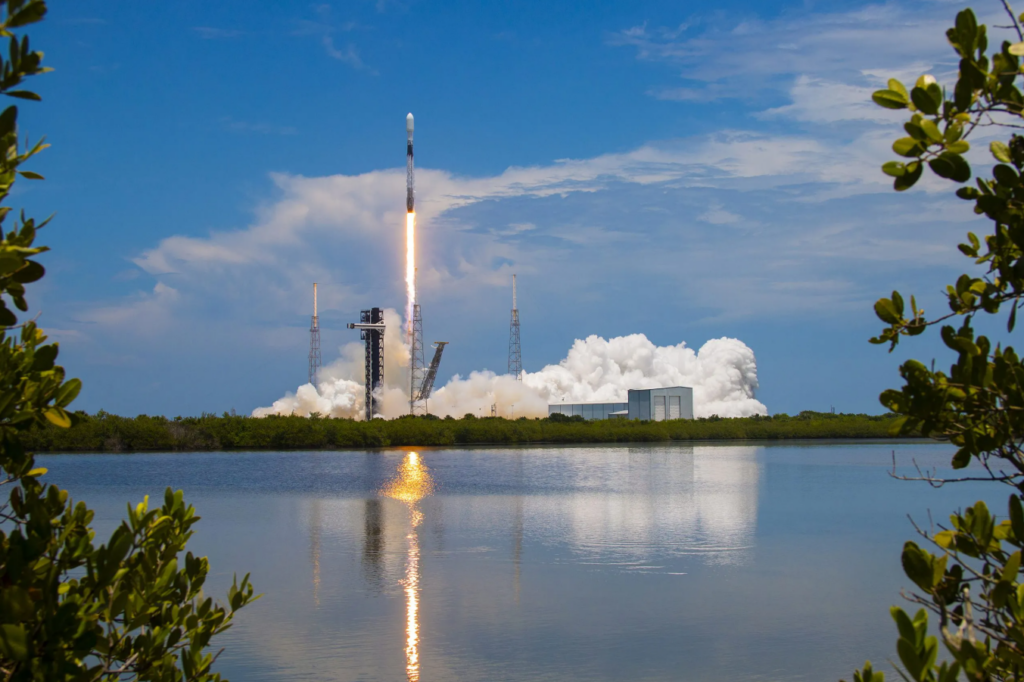Jacobs Technology Secures $4 Billion Contract from Space Force
Jacobs Technology Inc., based in Tullahoma, Tennessee, has just landed a massive Space Force contract with a ceiling of $4.0 billion. The deal, known as the Space Force Range Contract, is a hybrid indefinite‐delivery/indefinite‐quantity award running roughly a decade (scheduled to run through March 2035). Under the agreement, Jacobs will provide a wide range of launch‐range services, including operations, maintenance, sustainment, systems engineering, and integration for the U.S. Space Force’s Eastern and Western launch ranges. Work will take place primarily at Patrick Space Force Base (Cape Canaveral, Florida) and Vandenberg Space Force Base (California) -the two coasts’ main launch complexes, along with related areas of responsibility. In short, Jacobs will ensure these critical launch sites remain fully functional for everything from military and intelligence satellites to commercial space missions.
The company will staff and sustain the aging infrastructure that supports frequent flights into orbit. As Space Force leaders note, both East and West Ranges have “long maintained large inventories of aging systems” and need upgrades. Brig. Gen. Kristin Panzenhagen, commander of Space Launch Delta 45, says the new award “will advance capabilities at both ranges through responsive and flexible operations, maintenance, and sustainment services”. Crucially, the contract lets commercial launch providers pay directly for the upgrades they require, speeding modernization without the government fronting all costs.

This deal is widely seen as a strategic game-changer for U.S. space launch. Space Systems Command says the goal is to reshape Eastern and Western Ranges into “efficient, high-capacity multi-user Spaceports,” reflecting the new reality of frequent military and commercial launches. The contract aims to ensure that America’s launch facilities keep pace with innovation by funding routine maintenance and real-time mission support under one umbrella. Keeping reliable, modern ranges is crucial for national security launches, such as missile warning and reconnaissance satellites, while also supporting NASA and private rockets.
The new Space Force Range Contract represents a major investment in U.S. launch capability. Securing the Eastern and Western Ranges through 2035 helps guarantee that America can continue launching satellites, astronauts, and other payloads without interruption. The contract supports missions that “serve national security, space exploration, and commercial users”, meaning it underpins everything from defense programs to scientific exploration and the commercial space boom. As the Space Force presses to update its aging facilities, this deal strengthens national security and aerospace technology hand in hand. In the long run, having well-maintained, high-capacity launch ranges will keep the U.S. at the forefront of space operations, a critical goal for national defense and advancing spaceflight’s future.

